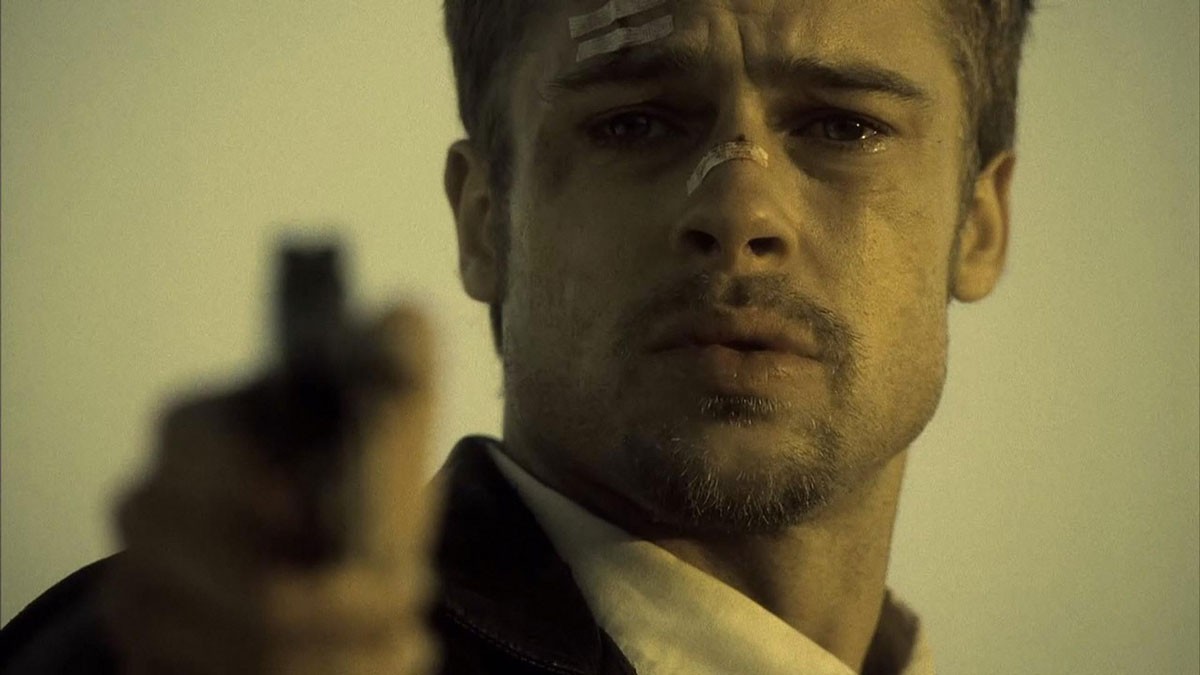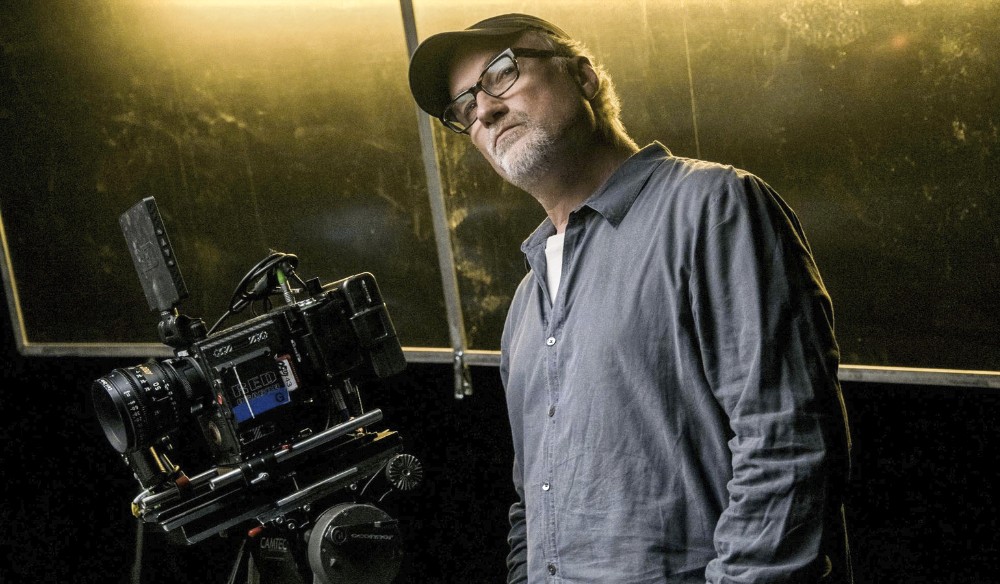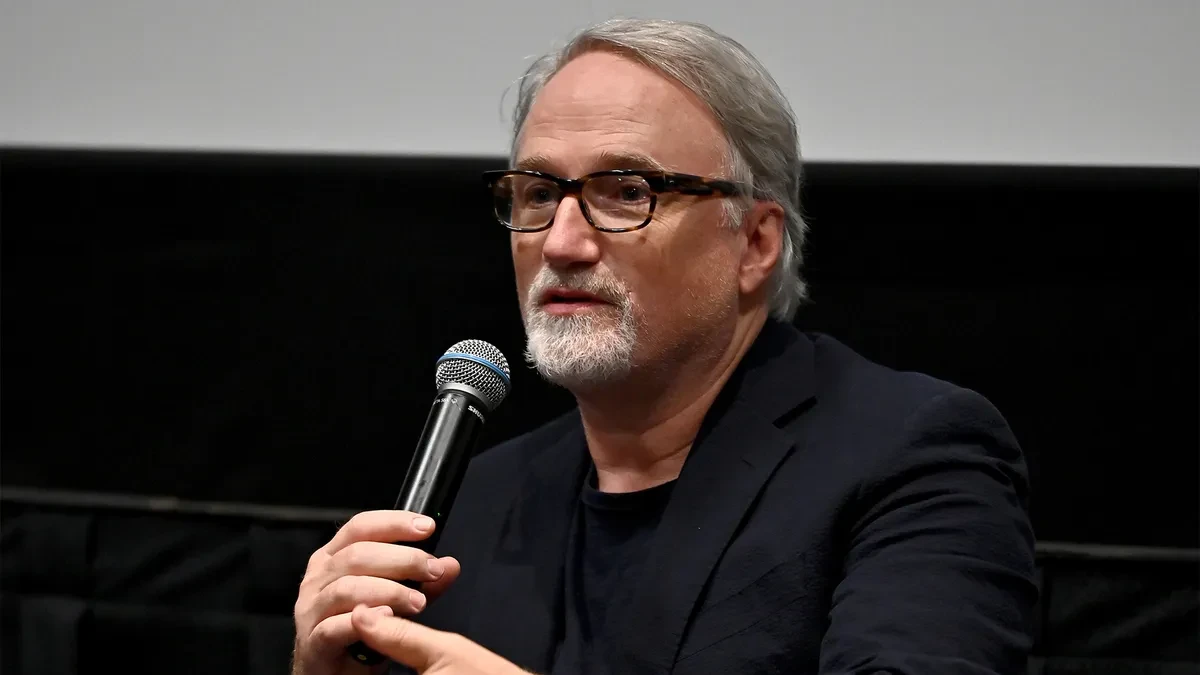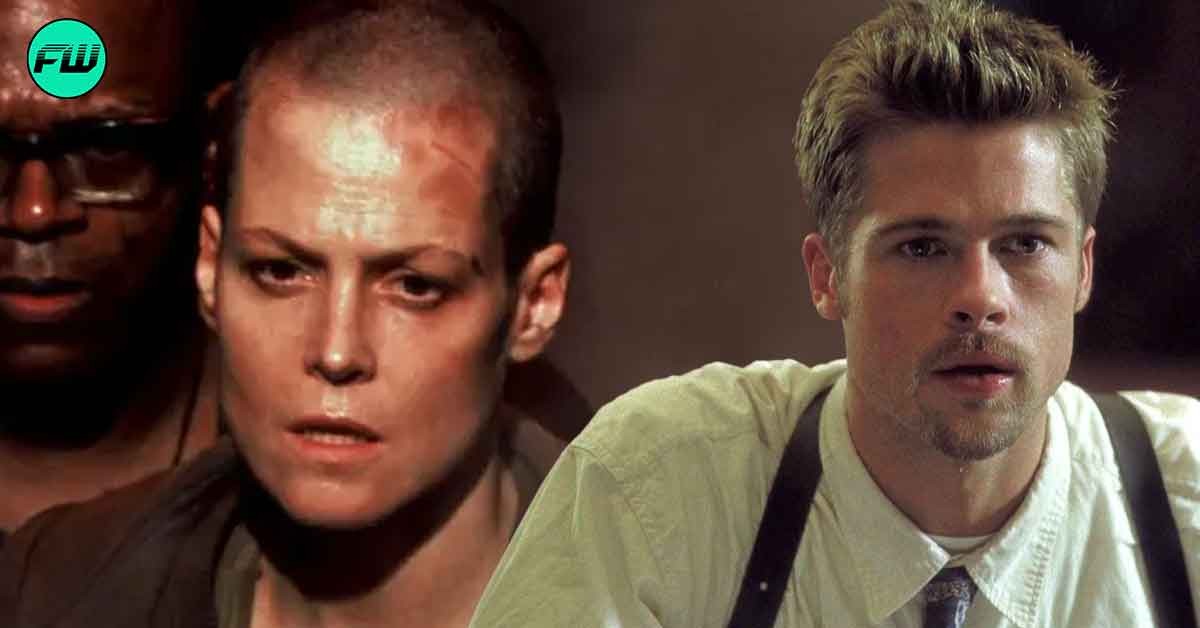David Fincher’s films, from Seven to Gone Girl, are famed for their complexity and tension, yet one of his most famous films almost had a completely different ending. The alternative ending to Seven would have crushed fans, but the director’s epic failure with Alien 3 may have prevented that. If the studio had implemented Fincher’s idea, the film would have left viewers feeling raw and shocked.
The Original Alternate Ending

Seven’s stunning and unforgettable ending is well-known among the film’s devoted audience. Detectives Somerset and Mills learn that serial killer John Doe has murdered Mills’ pregnant wife, Tracy Mills, and has her skull in a box after tracking him down.
Mills decides to become the seventh and final deadly sin when he becomes so consumed by his grief and hatred that he shoots Doe. Finally, Somerset sees Mills being arrested, and the audience is left to process the sad outcome.
But this isn’t how David Fincher planned for the movie to end. He previously oversaw the flop Alien 3, which he also directed. Fincher felt disillusioned and upset because studio influence had ruined his project. He started Seven to see it through to completion.
The Sucker Punch Ending
If David Fincher had kept his original ending for Seven, it would have been much more of a gut strike. The movie would have finished with the unveiling of Tracy Mills’ severed head instead of showing him being hauled away by police with Mills. Doe’s plan would have worked, and Mills would have grown so angry that he would have killed Doe. Detective Mills, his wife, and Doe would have been the last to die.

The studio rejected David Fincher’s proposed ending, and it’s easy to see why. After seeing the intended ending, there would have been no resolve or calm for the viewers. Instead, the studio decided on the conclusion familiar to us, in which Somerset provides a glimmer of hope in the middle of despair.
It would have been disastrous for the film’s reputation if the studio had followed Fincher’s original concept. While unexpected conclusions are not unheard of in the film industry, the emotional sorrow that the original ending intended would have created may have left an unpleasant aftertaste. Moviegoers might have been too traumatized to enjoy Seven for what it is, preventing it from becoming a classic.
Alternate Endings Sometimes Make Better Sense
The creative process of filmmaking can be illuminated through alternative endings. They show us how a tale could have gone and often explain the reasoning behind specific choices. The complexity of Seven and the variety of possible conclusions are reflected in the number of potential endings considered for the film.

David Fincher, though, knew that his setback was not the end of the line. His colossal failure with Alien 3 may have prevented a different ending from being used in his following film, Seven, which would have devastated viewers.
Although Alien 3 was a major setback for David Fincher, he continued to pursue his goal of creating groundbreaking films. He made a strong comeback with his next movie, the psychological thriller Seven. It earned over $327 million at the box office and received positive reviews for its elegant direction, compelling acting, and unexpected climax.
Source: The Telegraph
Also Watch:









